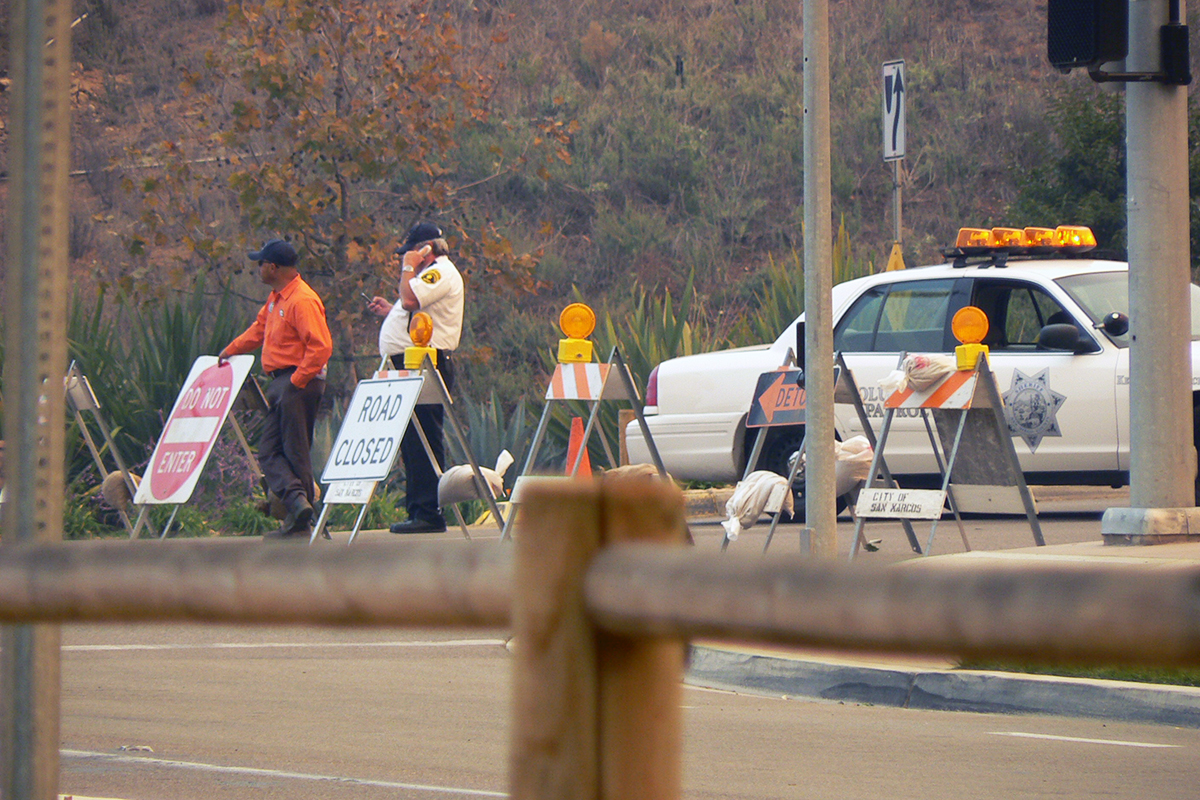
Do I Have to Stop at a DUI Checkpoint?
The question “Do I need to stop at a DUI checkpoint?” does not lend itself to a simple yes or no answer. What you can legally do when police set up a station to screen all passing motorists for signs of operating a vehicle while intoxicated (OVI) depends on where you are. Let’s run a few common scenarios.
If you know the location of a Columbus, Ohio, DUI checkpoint, you can avoid it.
Law enforcement agencies must announce the date, hours, and general location of drunk and drugged checkpoints several days before they set them up. The areas must also be well-marked with signs, lights, and cones. You can plan a trip that takes you around a DUI checkpoint or turn off the main road if you spot the checkpoint in time.
Once you enter the cones that mark the start of a checkpoint, you cannot turn around.
While avoiding a random stop altogether is within your rights, you cannot commit any traffic violations in order to get out of line for a DUI checkpoint. An illegal lane change or U-turn will get you ticketed and checked for driving under the influence. If you cause a car accident while trying to avoid a checkpoint, you may get charged with reckless operation or an even more serious offense.
Above all, never try to drive straight through a checkpoint without stopping when signaled to do so. If police need to pursue you, they may charge you with felony fleeing or eluding. A conviction on that charge can bring three years in prison and a three-year license suspension.
While moving through a DUI checkpoint, you must comply with certain lawful orders.
In addition to stopping, you must hand an officer your driver’s license, vehicle registration, and proof of insurance. A suspended license or expired registration will get you charged.
You can refuse to answer questions by not politely responding you do not wish to answer questions. Do not argue that DUI checkpoints violate your rights. Ohio law and a series of court cases make random checks for OVI legal.
Police who find grounds to do so can charge you with offenses unrelated to driving. They are allowed to check for outstanding warrants and look through your windows for weapons or controlled substances. You can refuse requests to do more thorough searches, but such a refusal will not prevent an arrest or vehicle impoundment if they have valid grounds.
You can refuse an officer’s request to perform field sobriety tests.
You must step out of your car or truck if asked to do so, but your rights against self-incrimination extend to refusing field sobriety tests at a Columbus, Ohio DUI checkpoint. An officer cannot compel you to blow into a breath-testing device, walk a straight line, stand on one leg, or let him or her track your eye movements. You can still get arrested for suspicion of OVI if you do not do any field sobriety tests, but the less evidence you give them the better.
To discuss defenses against any charges arising from a DUI checkpoint stop, call The Maher Law Firm at (614) 205-2208 or contact us online. A consultation will cost you nothing.
RECENT POSTS
-
What Happens If You Hurt Someone in a DUI?
27 May 2025
-
What is Improperly Handling Firearms in a Motor Vehicle in Ohio?
27 Mar 2025
-
What is the Difference Between OVI and DUI in Ohio?
05 Mar 2025
-
What Happens When You File a Police Report on Someone For Harassment
11 Dec 2024
-
How to Move for Dismissal for OVI in Ohio
28 Oct 2024
-
Ohio Fraud Laws: Fraud Charges and Their Penalties in Ohio
12 Sep 2024
BLOG CATEGORIES
-
Traffic
126 Posts
-
Weapons
3 Posts
-
Drugs
22 Posts
-
DUI
196 Posts
-
Current Events
1 Posts
-
Expungements
2 Posts
-
News
18 Posts
-
Criminal Defense
45 Posts


